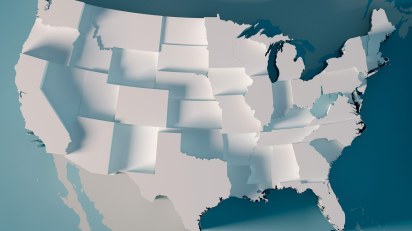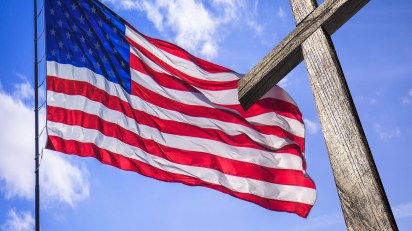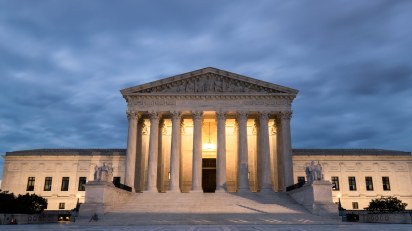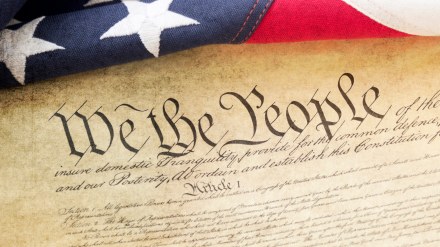The First Amendment to the United States Constitution says, “Congress shall make no law respecting an establishment of religion, or prohibiting the free exercise thereof.” This language has been foundational to the religious liberty that millions of people have enjoyed in this country for nearly 250 years.
Courts have interpreted the First Amendment through countless decisions since the First Amendment’s adoption, dramatically affecting the protections it affords to both people and houses of worship alike. The US Congress and state legislatures have adopted laws further shaping its scope and reach. Understanding how these numerous developments work is vitally important to pastors and church leaders–and this Church Law & Tax Recommended Reading page is designed to help build that understanding.
The Free Exercise Clause

A 50-State Survey on Religious Freedom Laws

Religious Freedom Protections Expanded in South Dakota, Montana

Assessing US Supreme Court Rulings on Pandemic Restrictions

How Does Trump’s Religious Liberty Executive Order Affect Churches?

The Masterpiece Cakeshop Ruling and Religious Freedom

Supreme Court: Commemorative Cross on Public Land Did Not Offend the Constitution




